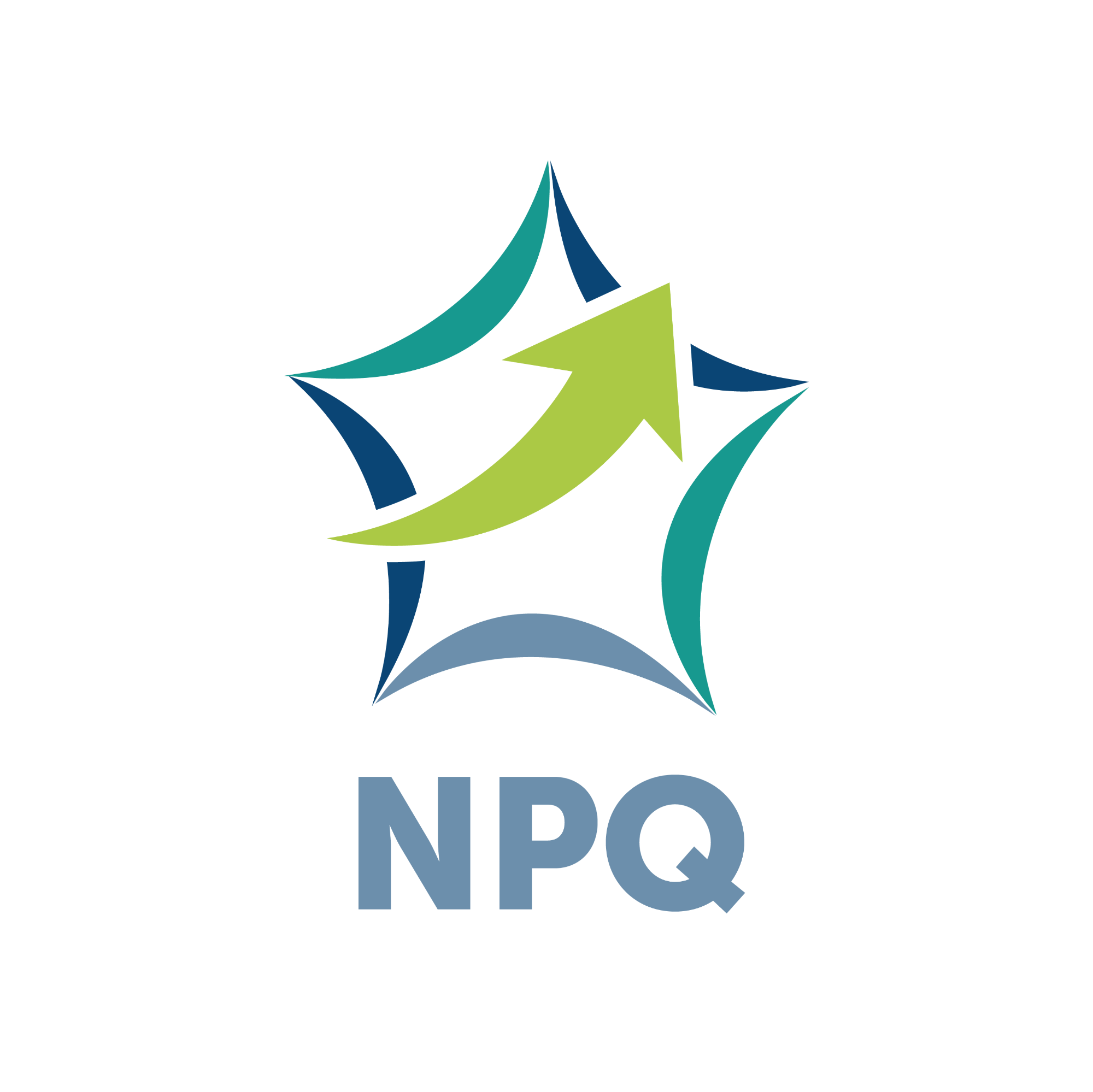NPQ Testimonials and Case Studies
Find out first hand from our Facilitators and Programme Members what the NPQs are really like!
NEW - Whole School NPQ Impact
-
Nene and Ramnoth Schools: whole-school NPQ in Leading Teaching
-
Meldreth Primary School: whole-school NPQ in Leading Literacy
-
Queen Katharine Academy : whole school NPQ in Leading Teaching
Regional Impact
-
Early Years Leadership - Impact on our local area - July 24
-
Empowering teachers with NPQs by Charmayne Leggett
-
Sarah Judge: ‘How I’m using my NPQH implementation model to support improvement at Richard Barnes Academy and Thomas Deacon Education Trust’
Martin Lee, Facilitator
Professional Learning for All
“Fundamentally NPQs bring a stronger understanding of the evidence base which underpins professional learning, and for schools to recognise them as such."
Pav Saunders, Facilitator
Learning for Life
“When participants have successfully completed their NPQ they will hopefully become effective and efficient leaders who are able to use research evidence to help colleagues develop."
Rosie Burns, NPQLTD
Designing & delivering CPD across the county
"The opportunity to meet like-minded people, have rich discussions and access to high-quality learning materials was excellent."
Steve Winter, NPQLL
Championing Literacy in Science
"The NPQLL is one of the most useful courses I have been part of in recent years."
Laura Hooper, NPQSL
From NPQLBC to NPQSL
“The NPQs have allowed me to be a positive impact-focused leader and make mindful considerations in all areas of my leadership."
Colin Marks, NPQH
Supporting with the demands of the job
"Every module has been worthwhile and it has been a good use of my time, helping me to grow in this new role."

